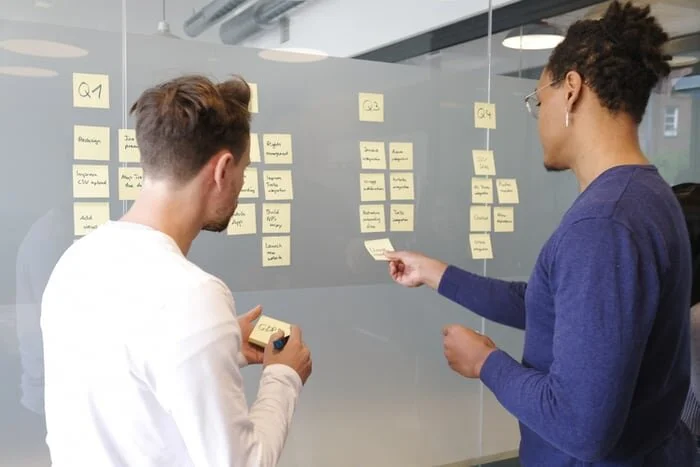"Lead with the aim of offering employees with experiences that transform into significant moments."
- Dr. Cenina
CBSaxton Consulting partners with you and your organization to identify opportunities for optimizing your business strategy with an intentional focus on people, culture, and talent management. We take a diagnostic approach to help you prioritize a talent management strategy that is closely aligned with your business strategy. If you currently have a talent management strategy in place and feel it needs to be redesigned to keep pace with internal and marketplace change, we will perform an assessment and propose recommendations that will add value and leverage your talent’s capabilities.
Talent management endeavors to support the business strategy in six critical areas, as illustrated below:
Figure 1. Talent + Culture + Experience Model
Organization Development
Are you looking to shift your culture or create experiences that matter for your employees? These types of transformations require a proactive, disruptive organizational development framework. CBSaxton Consulting leverages an organizational development framework that not only analyzes potential barriers from an internal perspective, but also conducts external research. We help you identify solutions or alternative processes that support existing programs or determine where other programs are needed. We will assist you with aligning systems, procedures, and organizational changes. Transformations require ongoing monitoring and adjustments to ensure sustainability. The disruptive, transformational organizational development framework that we use is equipped to lead transformational efforts. Our approach fosters sustainable change and quick adoption of the transformed culture.
Organizational Effectiveness
Embedding robust talent management programs into core business requires a proactive and disruptive organizational effectiveness framework. Organizational effectiveness leverages a systematic approach to align people, processes, and structure with your organization’s strategy. At a high level, organizational effectiveness covers the following:
Leadership. To achieve high performance and have sustainable results, leaders must define and refine key processes and execute them daily. They must translate vision and values into strategy and objectives, processes and practices, actions and accountabilities, execution and performance.
Communication. Strategic communication ensures that the impact of your message is consistent with your intentions and results in understanding.
Accountability. Performance accountability systems clarify what is expected of people and align consequences or rewards with actual performance.
Delivery. The best organizations develop simple processes that are internally efficient, locally responsive, and globally adaptable. Complexity is removed from experiences to enable engagement in ways that are both elegant and satisfying. The purpose is to build future capability and capacity.
Performance. The human performance system is designed to attract, develop, and retain the most talented people.
Measurement. A system of metrics, reviews, and course corrections will keep the business on track. They track progress against strategy and planning; review status on operational results through clear key metrics; and ensure action is driven by insights based on relevant, current information that is focused on achieving the vision.
CBSaxton Consulting assesses your leadership, strategy, and operating model. The output of this assessment may include:
Identifying processes, structure misalignment or inefficiencies that may inhibit your organization from carrying out your strategy.
Determining needed versus current capabilities and a plan to bridge the gap.
Assessing your organization’s readiness for change and develop a consolidated plan to support agreed upon change.
Your organization will be viewed as an agile enterprise that effectively responds to change and transforms the business.






